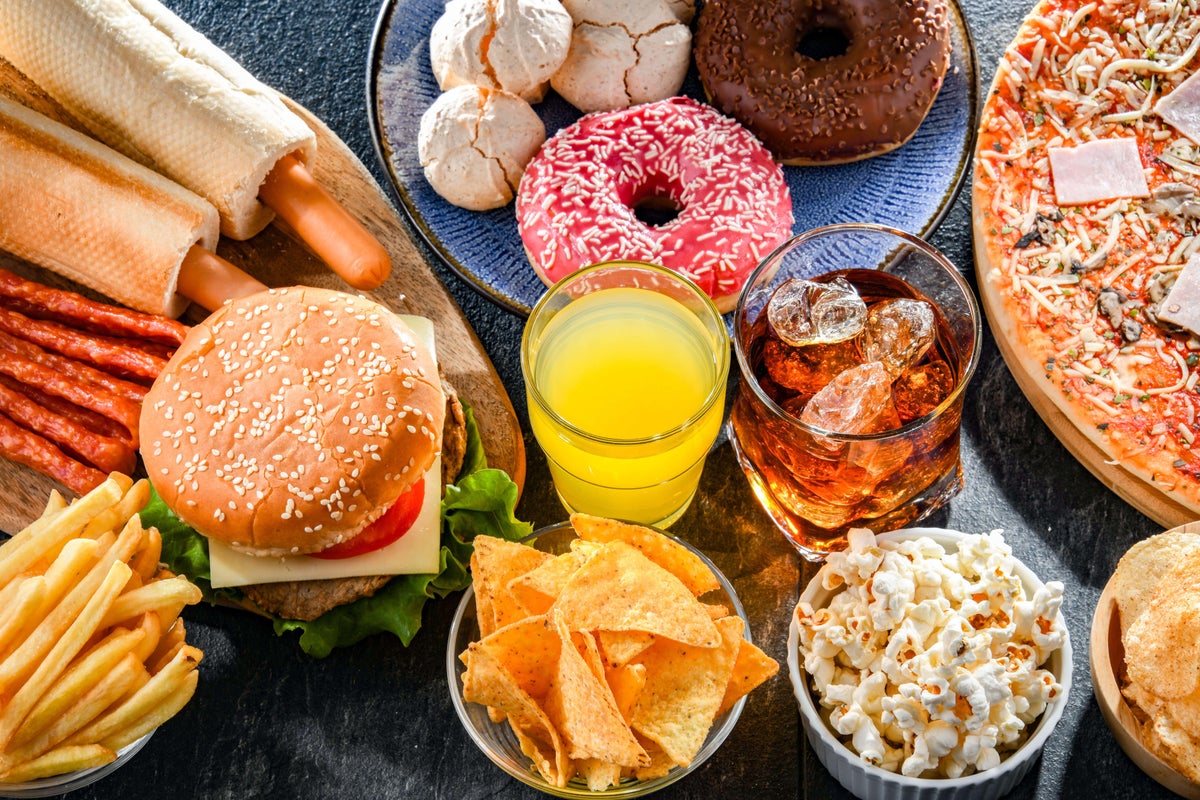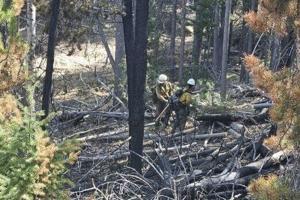The opinion piece by Wallaby Ben Alexander on the loss of Dan Vickerman is . or signup to continue reading Every player's perspective, as well as those of their family and friends in the catastrophic event of suicide deserve to be heard, and for community change to evolve wherever and whenever it is needed. Perhaps CTE discussions have been overwhelming or out of kilter, but experts consistently maintain that not every athlete will develop it.
Alarmism is not our goal. I agree that sport entails extreme highs and lows due to factors beyond brain health. There is no underestimating the depression and suicide risk with transition from elite sporting joy to ordinary life, nor the financial reckoning of self-funded Olympic campaigns, the burden of chronic injuries, and guilt of putting yourself first.

Having competed at the top level in two sports, I get it. I also see the spectrums and ramifications of elite sport in my neurology clinic, from those who have CTE to those who don't but are battling substance use, regret or chronic pain. We are careful to ensure that a complete picture is formed as to why an athlete has symptoms similar to CTE, and to either exclude or treat anything that could blur our understanding.
Our principle of is held highly I assure you. Not only this, but actually get in and do . I agree there are many ways to ensure wellbeing, ease symptoms, psychological transitions and prevent disease for our retired athletes.
If they do happen to have CTE, evidenced by extensive testing but confirmed only at autopsy, so much can be done to ease emotional swings, memory loss and sleep disturbance for example. Simply validating the journey of the patient and their family is, in most cases, therapeutic. It is helpful to acknowledge why this battle is there in the first place.
CTE was first identified in sport outside of boxing back in 2005, and there has been much research and public exploration since then. Yet in Australia, the levels of committed funding for CTE remain poorly, whilst the sporting industries generate millions, and all the while family after family face decades of turmoil from this long and arduous form of dementia. The federal government recently committed $12.
5m in funding, led by Dementia Australia and , to rectify the situation. Foremost, CTE is not only a disease of athletes but of those sustaining thousands of head traumas by any means - self head banging behaviour, , and military blast overpressure exposure come to mind. Our health system can and does support these people, but until we educate the health workforce on CTE diagnosis and care it will too often be delayed.
Many end up in mental health streams, but CTE is both a neurological and psychiatric disorder. It cannot be called depression, alcohol overuse, or an angry personality. It is a disease of the brain.
Ben is right to highlight that suicide can be caused by many factors, but the mere potential for CTE gives us all a reason for speaking out, something we are yet to see from sporting leadership who call out concussion, when CTE is caused by thousands of silent brain injuries sustained on the field. Reducing contact training to once per week could make the world of difference. As punchy as it is, we will need to hear more about CTE before real change ensues.
Aussie kids adore their sporting heroes, who could well lead by example on total brain health if Australia is to modify the dementia rate by 2060. So Ben, we face a common enemy in CTE, and a common love of sport. None of us wanted CTE to be the reality.
Australia has an unknown prevalence of it. But we have to begin the tough conversations, as you have, before it hits us. Daily Today's top stories curated by our news team.
Weekdays Grab a quick bite of today's latest news from around the region and the nation. Weekdays Catch up on the news of the day and unwind with great reading for your evening. Weekly Get the editor's insights: what's happening & why it matters.
Weekly Going out or staying in? Find out what's on. Weekly Love footy? We've got all the action covered. Weekly The latest news, results & expert analysis.
Weekly Every Saturday and Tuesday, explore destinations deals, tips & travel writing to transport you around the globe. Weekdays Sharp. Close to the ground.
Digging deep. Your weekday morning newsletter on national affairs, politics and more. Twice weekly Your essential national news digest: all the big issues on Wednesday and great reading every Saturday.
Twice weekly Get real, Australia! Let the ACM network's editors and journalists bring you news and views from all over. Weekly Get news, reviews and expert insights every Thursday from CarExpert, ACM's exclusive motoring partner. As it happens Be the first to know when news breaks.
Daily Your digital replica of Today's Paper. Ready to read from 5am! Daily Test your skills with interactive crosswords, sudoku & trivia. Fresh daily! Advertisement Advertisement.
Health

Ben's thoughts are valid. But we have to have some tough conversations about brain injuries

I'm not trying to be alarmist, but sporting leaders have to step up.















